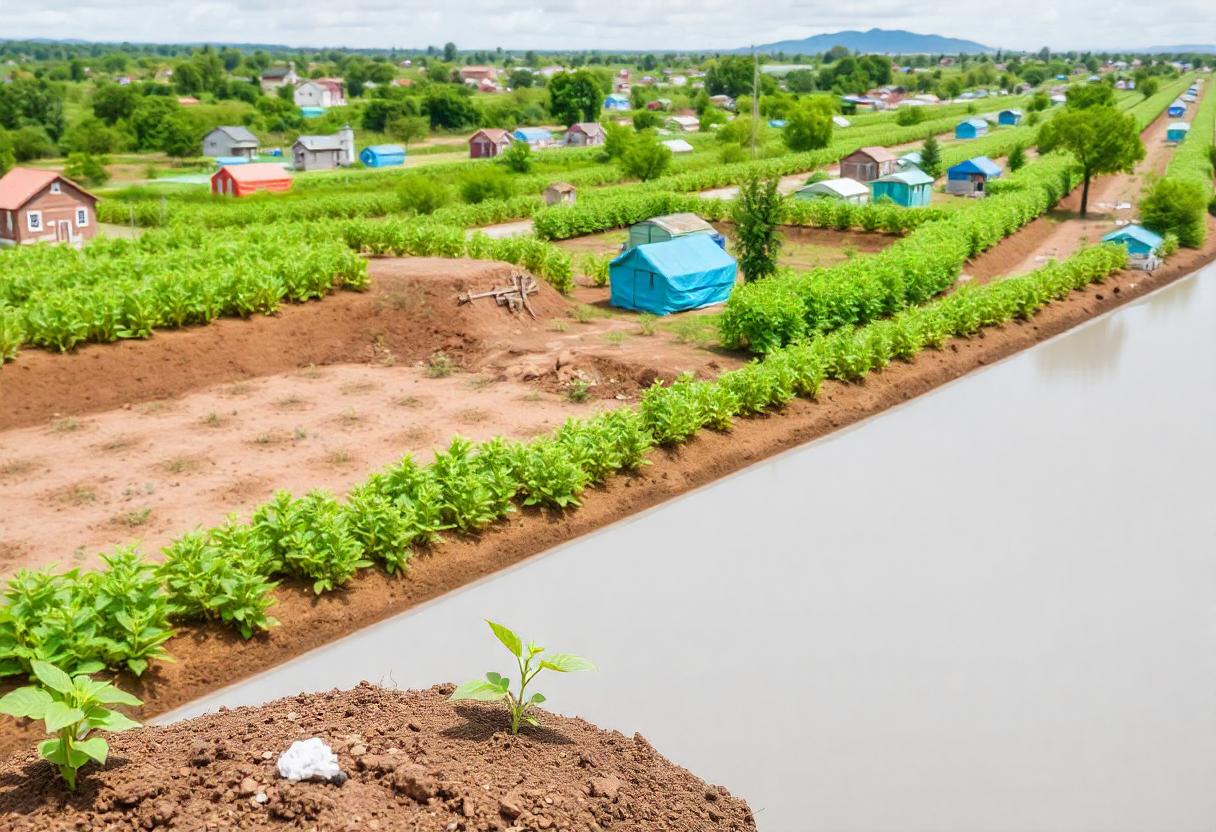
Sustainability is more than just a buzzword; it is a philosophy and a necessity for the modern world. At its core, sustainability refers to the practice of meeting the needs of the present without compromising the ability of future generations to meet their own needs. It encompasses a wide range of practices and ideas aimed at fostering long-term ecological balance, economic stability, and social equity.
Environmental Sustainability
One of the most pressing aspects of sustainability is the environment. With the planet facing issues like climate change, deforestation, pollution, and resource depletion, the need for sustainable environmental practices has never been more urgent. Sustainable practices, such as renewable energy use, reducing waste, and conservation of natural resources, are essential to mitigating the environmental crisis.
Renewable energy, such as solar, wind, and hydropower, plays a crucial role in reducing reliance on fossil fuels, which contribute to greenhouse gas emissions. By transitioning to cleaner energy sources, nations can reduce their carbon footprint and limit the damaging effects of climate change. Similarly, sustainable agricultural practices like crop rotation, organic farming, and water conservation can help ensure that farming remains viable while protecting biodiversity and ecosystems.
Economic Sustainability
Economic sustainability goes hand in hand with environmental sustainability. For a society to thrive, it must develop in ways that do not exhaust its natural or financial resources. This means supporting businesses and industries that create jobs and generate wealth while reducing their environmental impact.
The circular economy model, which emphasizes reusing, repairing, refurbishing, and recycling products and materials, is a prime example of economic sustainability. It helps reduce waste and prolongs the life of products, which in turn conserves resources and reduces costs for businesses. In addition, sustainable supply chains that emphasize fair trade, ethical labor practices, and environmentally conscious sourcing of materials are becoming a focus for many companies seeking to balance profit with responsibility.
Social Sustainability
While environmental and economic sustainability often grab the headlines, social sustainability is equally important. It involves creating systems, structures, and communities that support human well-being, equity, and quality of life. This includes access to education, healthcare, clean water, nutritious food, and economic opportunities.
Social sustainability also deals with issues like gender equality, worker rights, and community development. In a socially sustainable society, all individuals and groups, regardless of their background or economic status, should have the opportunity to thrive. Policies that promote equal opportunities, decent wages, and access to essential services are crucial for achieving this balance.
Technology and Innovation in Sustainability
Technology and innovation are key drivers of sustainability. Advances in clean energy, sustainable agriculture, and resource management are making it easier for societies to adopt sustainable practices. For instance, the development of electric vehicles and energy-efficient appliances has significantly reduced energy consumption in the transportation and residential sectors. Similarly, new technologies in farming, such as precision agriculture, are helping farmers use water and fertilizers more efficiently.
Additionally, artificial intelligence (AI) and data analytics are playing a crucial role in monitoring and managing environmental impact. From predicting climate patterns to optimizing energy grids, these technologies offer new ways to tackle sustainability challenges on a global scale.
Corporate Responsibility and Sustainability
Corporations have a critical role in advancing sustainability. Increasingly, businesses are adopting corporate social responsibility (CSR) initiatives, which align their goals with sustainable practices. These initiatives focus on reducing environmental impact, supporting communities, and promoting ethical business practices.
Consumers are also demanding more from businesses, expecting them to adopt sustainable practices and offer environmentally friendly products. As a result, companies that prioritize sustainability are not only contributing to a better world but also enhancing their brand reputation and competitiveness in the marketplace.
Global Sustainability Initiatives
International efforts are essential to address sustainability challenges, as many issues—such as climate change, deforestation, and pollution—transcend national borders. Global initiatives like the Paris Agreement aim to bring nations together to reduce greenhouse gas emissions and limit global temperature rise. Similarly, the United Nations’ Sustainable Development Goals (SDGs) provide a framework for countries to work towards a more sustainable and equitable future.